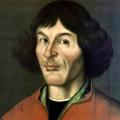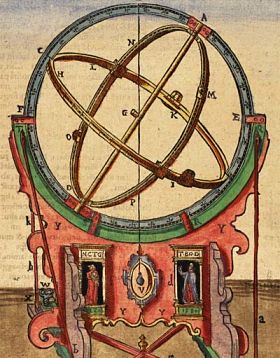394. Best of Both Worlds: Tycho Brahe
Responses to Copernicus in the 16th century, culminating with the master of astral observation Tycho Brahe.
Themes:
• P. Barker and B.R. Goldstein, “Realism and Instrumentalism in Sixteenth Century Astronomy: a Reappraisal,” Perspctives on Science 6 (1999), 232-58.
• A. Blair, “Tycho Brahe’s Critique of Copernicus,” Journal of the History of Ideas 51 (1990), 355-77.
• J.R. Christianson, Tycho Brahe and the Measure of the Heavens (London: 2020).
• K. Ferguson, Tycho and Kepler: The Unlikely Partnership That Forever Changed Our Understanding of the Heavens (New York: 2002).
• K.J. Howell, “The Role of Biblical Interpretation in the Cosmology of Tycho Brahe,” Studies in the History of the Philosophy of Science 29 (1998), 515-37.
• C. Methuen, Kepler’s Tübingen. Stimulus to a Theological Mathematics (Aldershot: 1998).
• A. Mosley, Bearing the Heavens: Tycho Brahe and the Astronomical Community of the Late Sixteenth Century (Cambridge: 2011).
• V.E. Thoren and J.R. Christianson, The Lord of Uraniborg: A Biography of Tycho Brahe (Cambridge: 1990).
• R.S. Westman, “The Melanchthon Circle, Rheticus, and the Wittenberg Interpretation of the Copernican Theory,” Isis 66 (1975), 165-93.







Comments
Add new comment